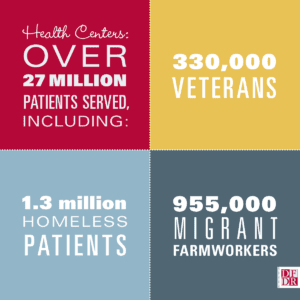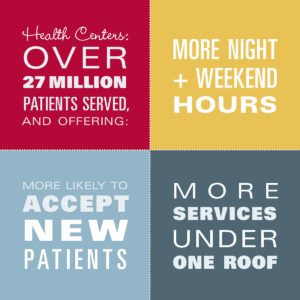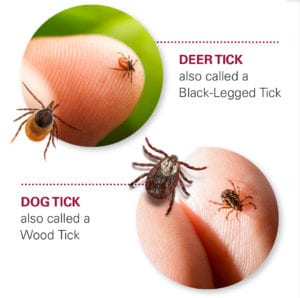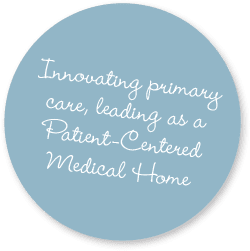Community health centers are an important part of the healthcare system, serving rural and vulnerable neighborhoods. They are the providers of choice in medically underserved areas of the country. Maine is home to twenty community health centers with over seventy service locations statewide. DFD Russell Medical Centers is such a community health center and is honored to serve more than 8,000 patients in the communities of Leeds, Turner, and Monmouth, Maine.
Why Visit a CHC like DFD?
- Community health centers are patient-focused and community-oriented
- More services under one roof: patient visits, behavioral health, and dental care
- CHCs are open more evening and weekend hours making care more accessible
- Community health centers offer comprehensive, high-quality primary care to anyone regardless of health insurance or financial status
- Supportive services such as educational, transitional, pharmacy and transportation services are also available
- Governing boards are at least 51% community members
Did you know?
In the past two years, Maine community health centers have served:
- 41,114 children
- 6,632 homeless patients
- 10,635 veterans
- 266,664 patients for mental health and substance use disorder treatment
Celebrate with us!
Join DFD as we celebrate National Health Care Center week beginning on August 4, 2019. This week is dedicated to educating the public on why health care centers do what we do, how you can help, and honoring those who rely on us for top-quality care.









